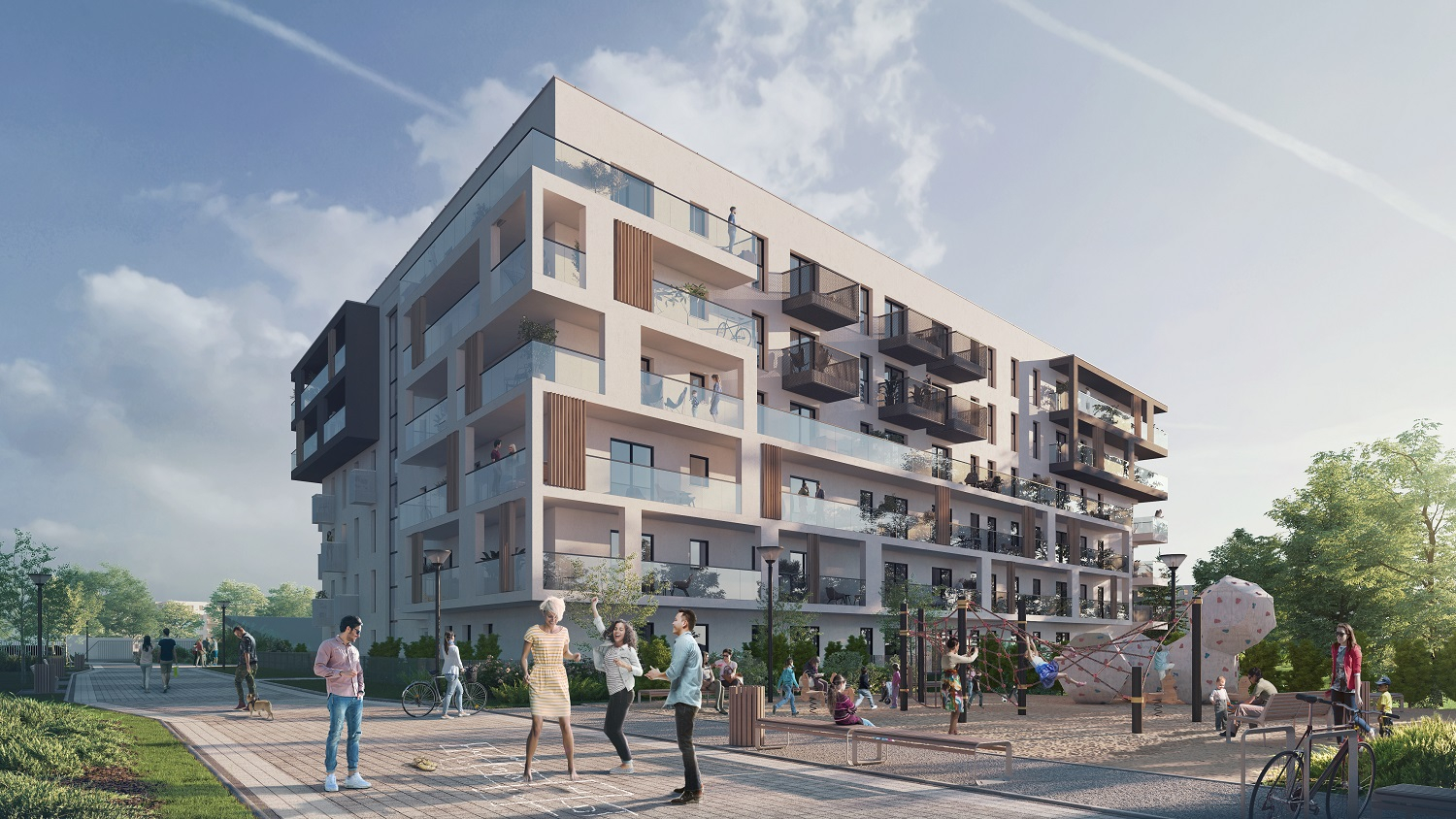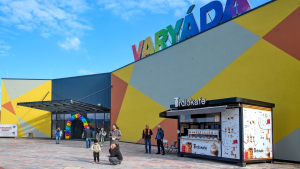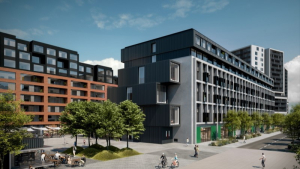
For Germany-based real estate investor and developer Trei Real Estate, 2020 was a successful year thanks to the fact its portfolio mostly includes assets that were hardly affected by the pandemic. Pepijn Morshuis, CEO of Trei Real Estate talked to Property Forum about the experiences gained during 2020, changing financing conditions and the company’s plans for 2021.
How has COVID-19 affected your operations in 2020? Were you able to execute your development strategy as planned?
In general, COVID has not affected our development strategy in 2020. We have had no construction delays anywhere, constructions workers have been available and were able to continue their work on-site, materials could all be delivered on time and we have achieved all goals that we had set for ourselves in 2020. We have also been able to secure further land for future development, sometimes at discounted prices resulting from forced sales by distressed sellers. The only delays that we have seen are with permitting processes, where some city official were hard to reach or not available at all for some time. This has resulted in some construction sites starting a little later than planned, but we're talking anywhere from a few weeks to maximum a few months, not more.

Pepijn Morshuis
CEO
Trei Real Estate
You've significantly expanded your retail park portfolio in 2020. Have you found this asset type to be more crisis-resilient than others?
With a portfolio that predominantly consists of supermarkets, retail parks and (rental) apartments, we are invested in crisis-resistant properties. The largest effect could be seen with our retail parks, where a small number of tenants were forced to close their stores for a short period of time. We were able to get to mutually agreeable terms to change the leasing terms with all these tenants and as a result, have not had to deal with any unplanned vacancy. It is the retail parks, in addition, that have also shown what COVID-resistant retail looks like: no closed-in spaces like in malls, where people don't trust to go, stores with direct access from parking lots with large interior spaces, where it is relatively easy to maintain the appropriate hygienic distance to fellow customers. For that reason, customers have been very appreciative of retail parks and traffic numbers for 2020 have been even better than in 2019. As far as tenants are concerned, ever more retail chains understand not only the hygienic advantages of retail parks but with the economic challenges that they face, also become ever more appreciative of the low rents and service charges that retail parks provide. As a result, we see increased demand from tenants for space in retail parks.
You're also active on the residential market in CEE. How has this segment performed in 2020? Were you successful in your efforts to digitise the sales process?
Very early on in the crisis, in March, we decided to digitalize our sales processes completely. Buyers immediately adopted the new approach to house hunting: 3D walk-throughs, video chats with potential buyers, full online access to floor plans, visualization of not only the apartments, but also the surrounding lands and parks, et cetera. With the exception of March, we have hit our sales target in every single month in 2020. Not only that, but we have also achieved the sales prices that we had targeted. This only shows that there is continued demand and need for new housing in the CEE, whether for sale or for rent and despite COVID.
In H2 2020, you've managed to close two financing transactions. Have you noticed any significant changes in banks' requirements and financing conditions during 2020?
We were very happy with the financing deals that we closed in 2020. In total, we raised debt capital of €171 million in the past year. We have noticed, however, that banks have gotten more reluctant to finance real estate over the past year, certainly where it comes to retail properties. Loans have become slightly more expensive, around 25 basis points, but not more, which is manageable. More important however is, that banks have become more critical about the quality of the product and the quality of the sponsor. With our longstanding history and extensive in-house development experience and the backing of the family-owned Tengelmann Group we were once again positioned very well in this challenging time, just as with our real estate portfolio.
What are your market expectations for 2021? Are there any new projects or locations in the pipeline for this year?
We will continue to expand our retail park portfolio, not just in Poland but in the Czech Republic and Slovakia as well. We have secured a good number of land parcels in Poland and have Vendo Park expansions planned for the other countries. The goal once again is to open at least seven new Vendo Parks in 2021, just like we did in 2020. As far as housing is concerned, we have started sales and construction on further phases of both our projects in Wroclaw and Lodz and expect to get a building permit for further projects in Warsaw and Poznan within the next months. In Germany, we are reviewing our existing portfolio of supermarkets to see if redensifications are possible. In the US, our projects under construction in Charlotte and Charleston are progressing and we just secured further land in Charlotte and Nashville. The first project in Charlotte is expected to be completed in mid-2021.



